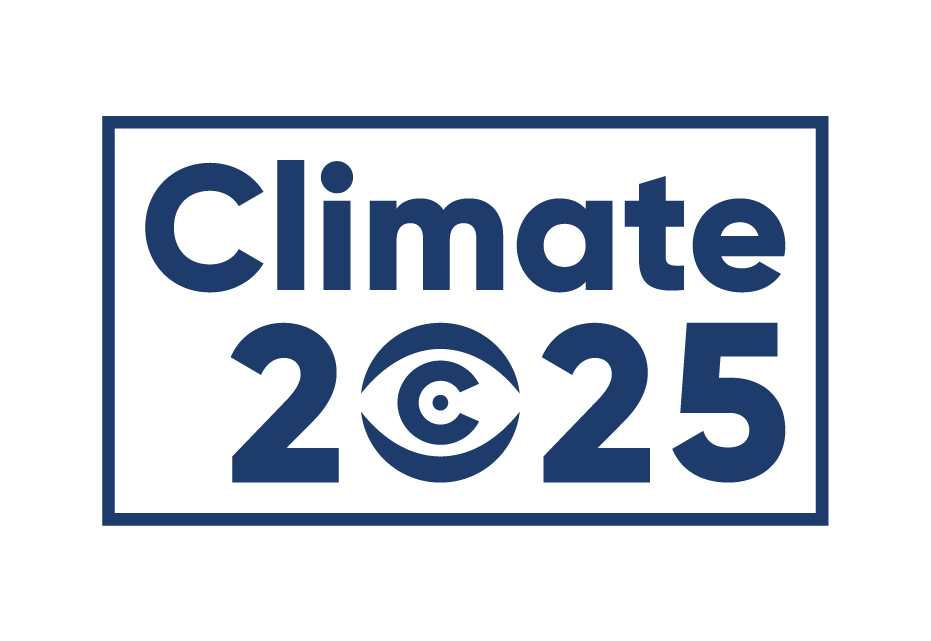Grid Modernization in the Philippines: Top-down Cost-Effective Resilience as Policy Drivers
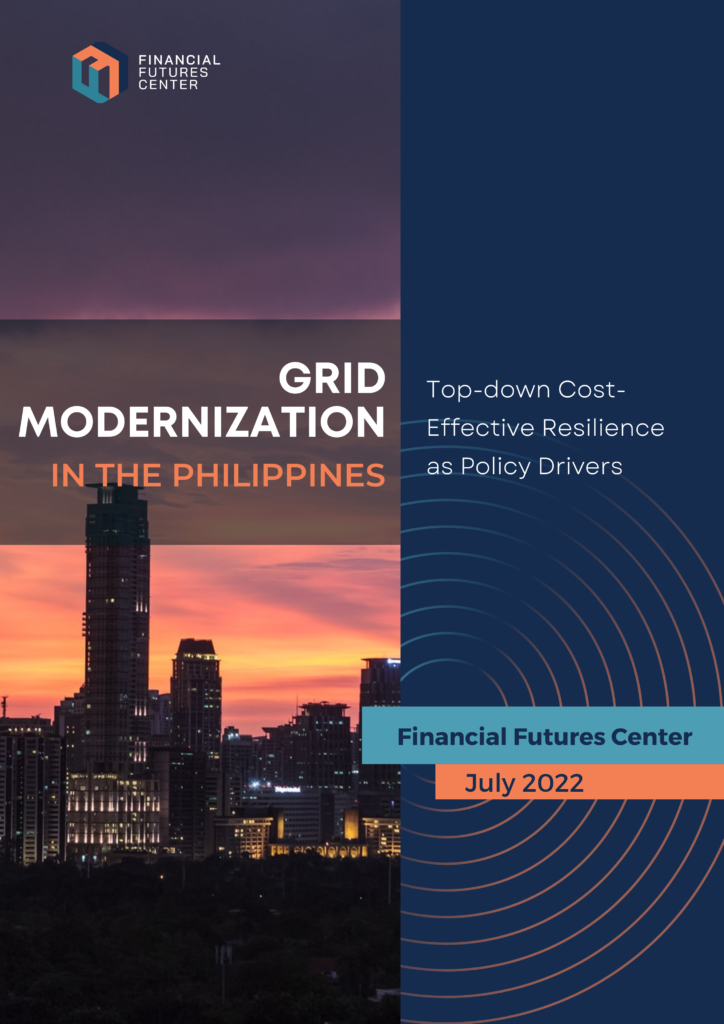
There are three distinct elements to the clean energy transition: renewable generation, transmission and distribution, and use. Of the three, power generation through renewables has attracted the most attention and the greatest number of resources. The work on electricity use has been driven mostly by efficiency improvements and by electrification of heating and mobility, energy services previously provided almost […]
A Closer Look at Fiscal Space in Climate Vulnerable Developing Countries
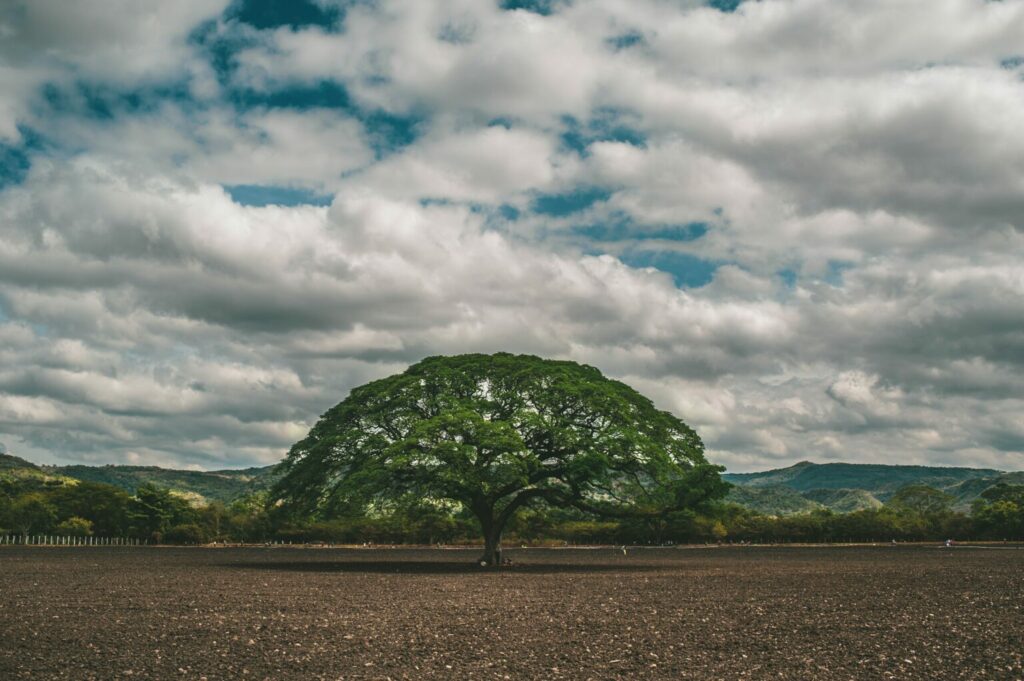
Whether or to what degree climate-vulnerable developing countries have fiscal space is a key question confronting the international public finance community today. A new technical paper by Toby Melissa C. Monsod, Mary Anne Majadillas and Maria Socorro Gochoco-Bautista for the Task Force on Climate, Development and the International Monetary Fund studies the availability of fiscal space among a sample […]
Climate Vulnerable Economies Loss Report
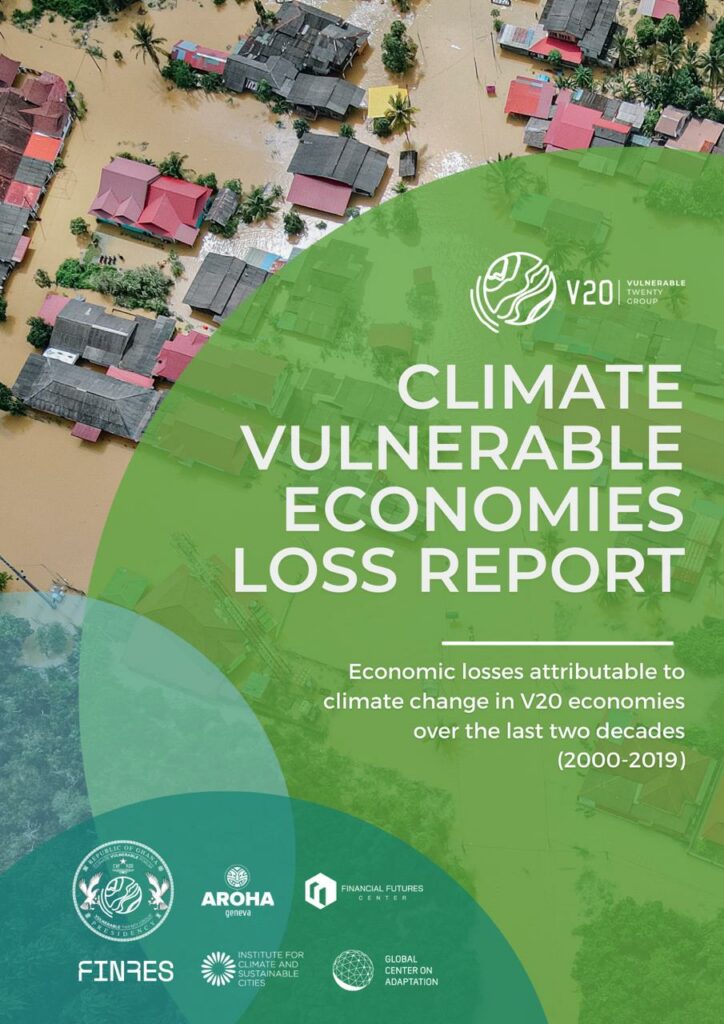
Key findings of the June 2022 V20 report on economic loss and damage: Climate change has eliminated one fifth of the wealth of the V20 over the last two decades: initial evidence shows that the V20 would have been 20% wealthier today had it not been for climate change and the losses it incurred for […]
The Environmental Investment Fund of Namibia’s journey with the Green Climate Fund
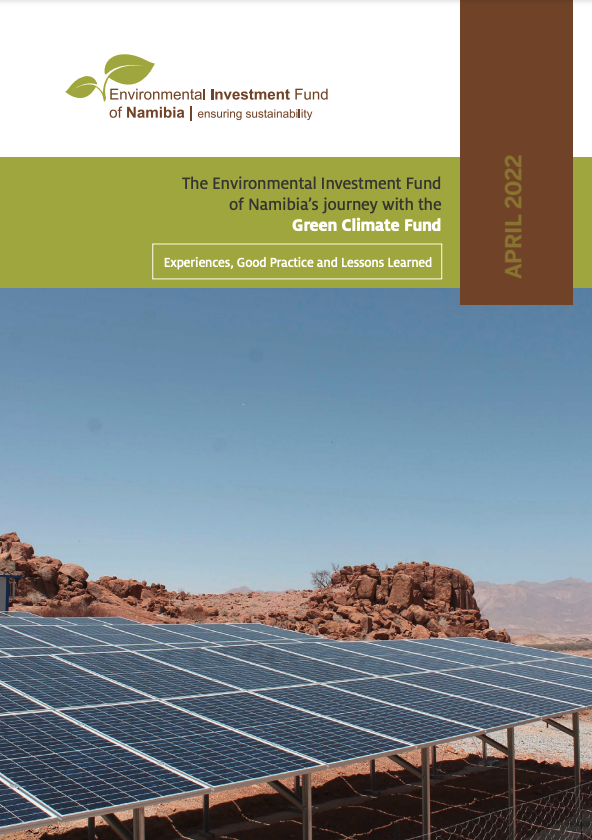
The Environmental Investment Fund of Namibia (EIF) was accredited to access the Green Climate Fund (GCF) in 2016, and has to date seen the approval of four GCF projects, for a total funding amount of nearly USD 40 million. The EIF was one of the first institutions to access the GCF through the “direct access” […]
Designing a Resilience and Sustainability Trust
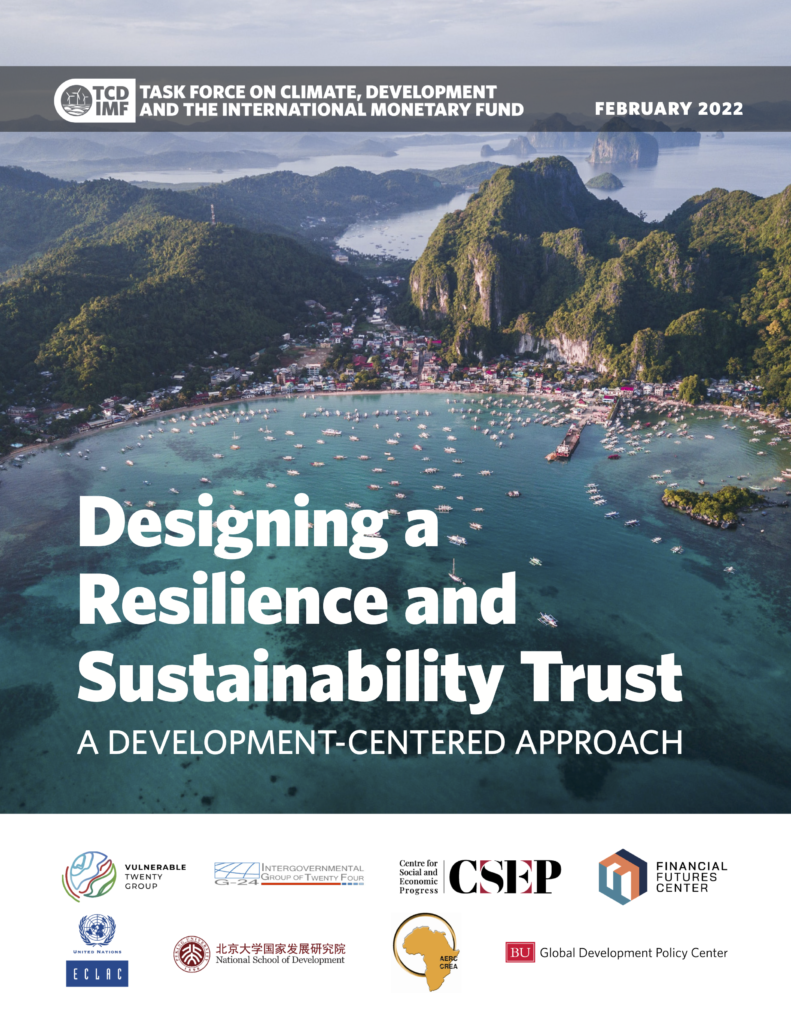
In 2021, the International Monetary Fund (IMF) issued a historic allocation of Special Drawing Rights (SDRs) equivalent to $650 billion. These supplementary international reserve assets were allocated to help meet the liquidity bottlenecks facing many countries due to the COVID-19 pandemic. However, because of the IMF’s quota-based system, SDRs primarily flowed to more advanced economies, […]
Transition Risk Management for Commercial Banks
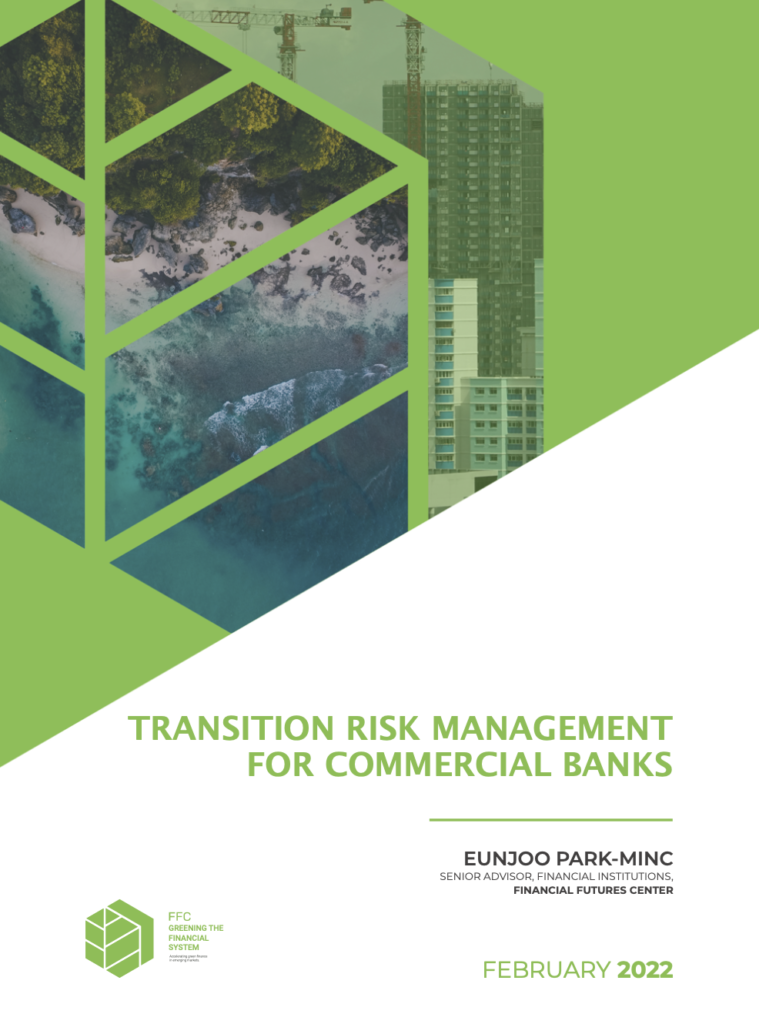
Risk management and financial disclosure of transition risk has become a mandatory fiduciary duty for financial institutions worldwide as investors require them to disclose climate-related financial risks. As such, it is imperative for banks to assess transition risks in their loan portfolios and find mitigating solutions to those risks. Banks should identify the best-fit valuation […]
Transitional Risks to Commercial Banks
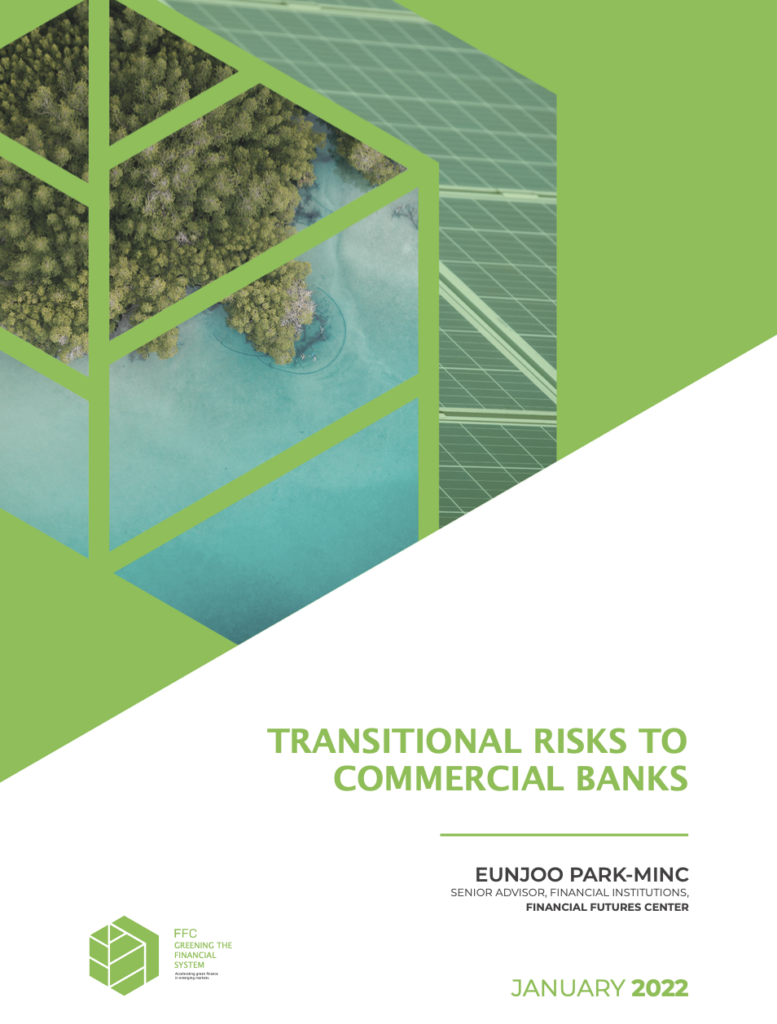
The financial crisis of 2007–08 taught financial institutions to make macroeconomic stress tests central to their risk management strategy. In the transition to a low-carbon economy, banks must appropriately manage the transition risk assets they have financed to ensure financial stability. Globally, the banking industry is integrating environmental, social, and governance (ESG) risk, physical risk, […]
Mujib Climate Prosperity Plan
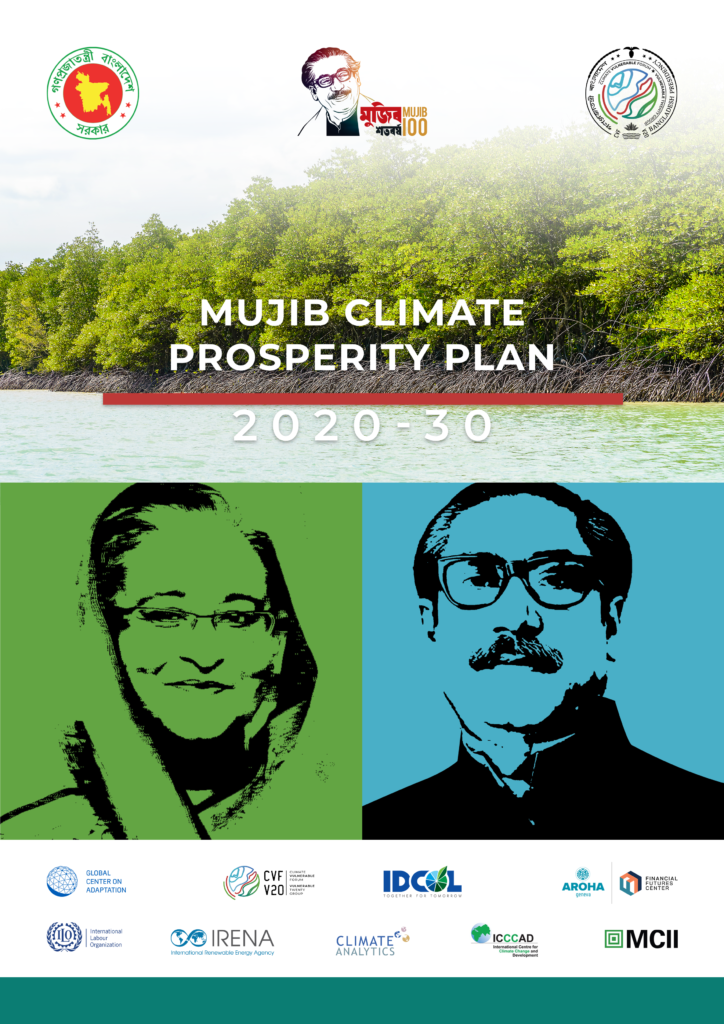
Hard-fought development gains and increased productivity will continue to be undermined or reversed if the 1.5°C limit of the Paris Agreement is breached. Episodic climate-induced disasters and losses are only one subset of the threats the Bangladeshi people and industry face. The other involves slow-onset effects such as drought, sea-level rise and ocean acidification which […]
Toward Development-Centered Climate Change Policy at the International Monetary Fund
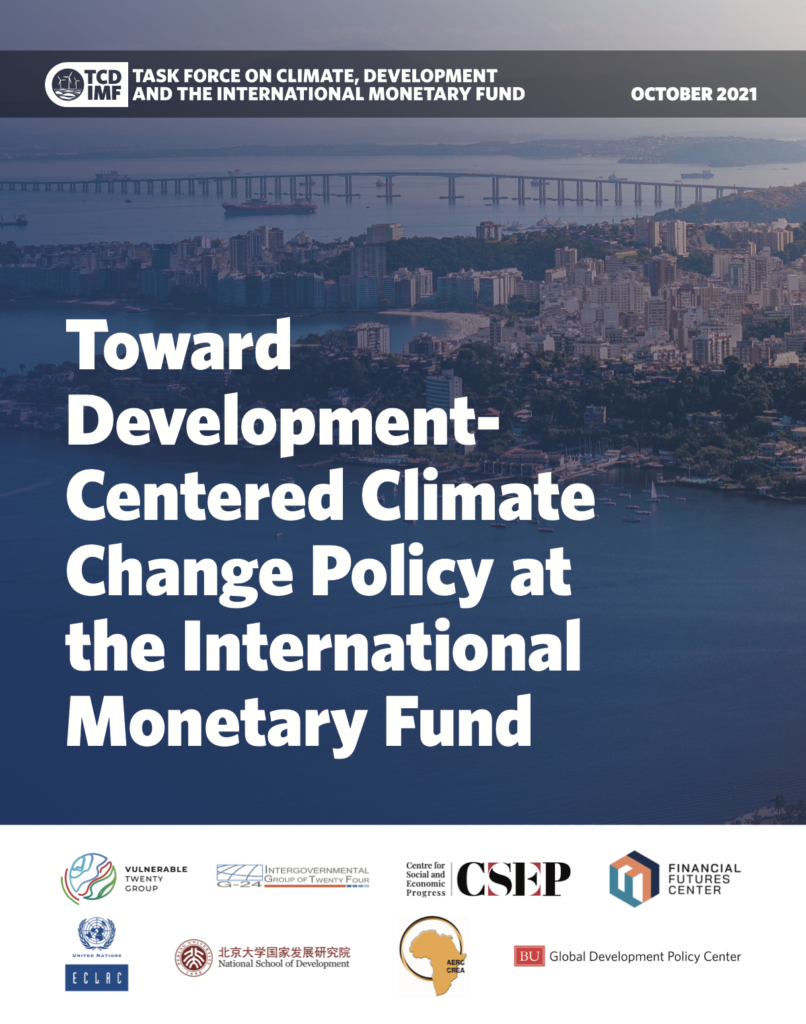
Climate change and policy responses to address climate change pose significant risks to financial and fiscal stability, poverty and inequality, and the long-run growth prospects of the world economy. In the midst of a global pandemic, 2021 has already been marked by a slew of extreme weather events, wreaking havoc on countries and economies across […]
Potential Roles for Export Credit Agencies in Catalyzing Private Sector Green Financing
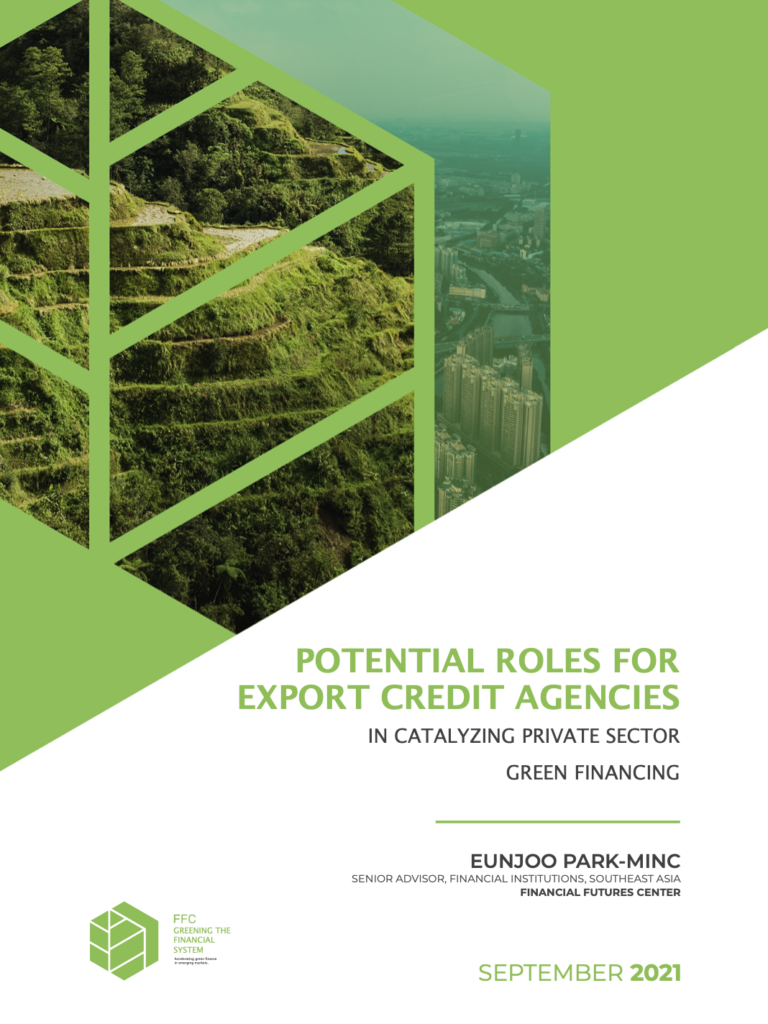
Conventional sources of funding will be insufficient to finance essential sustainable energy infrastructure. Southeast Asian countries, therefore, need to access international and national sources of finance such as ECAs to drive low-carbon and climate-resilient development alongside their recovery from the COVID-19 pandemic. Download File


